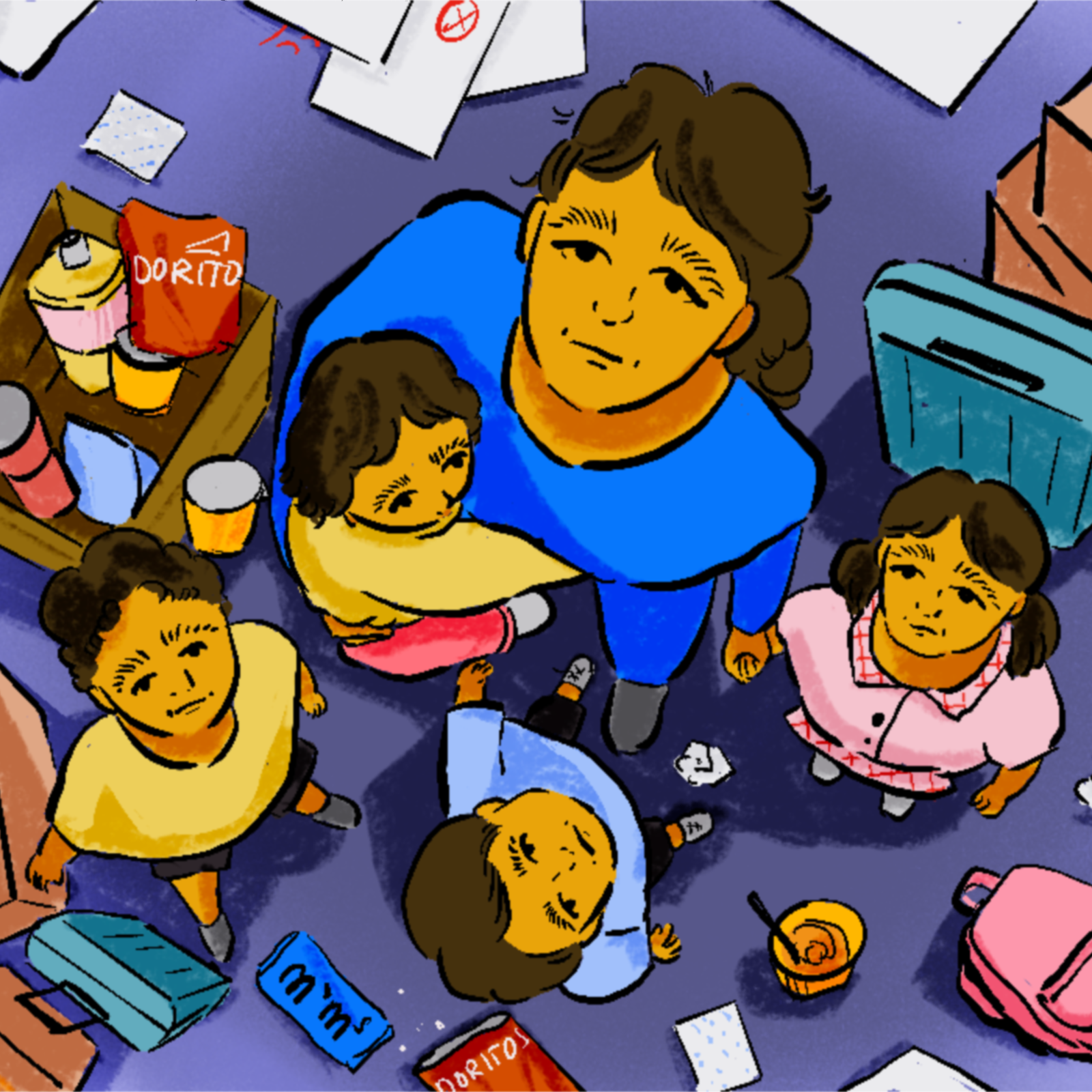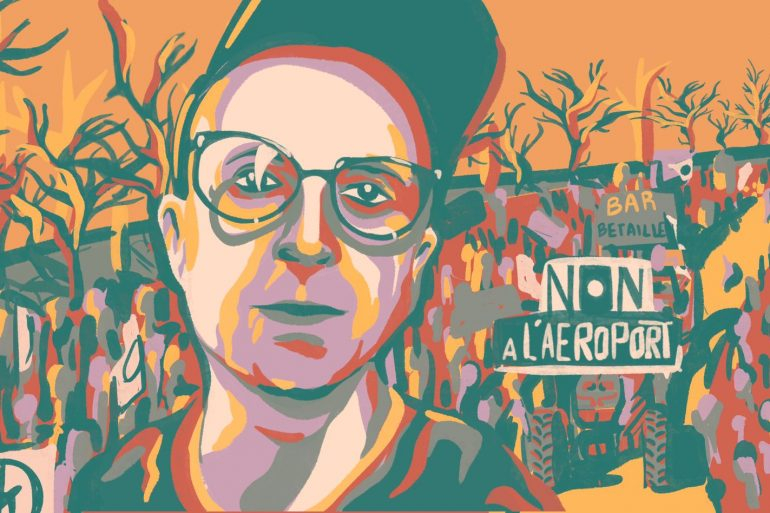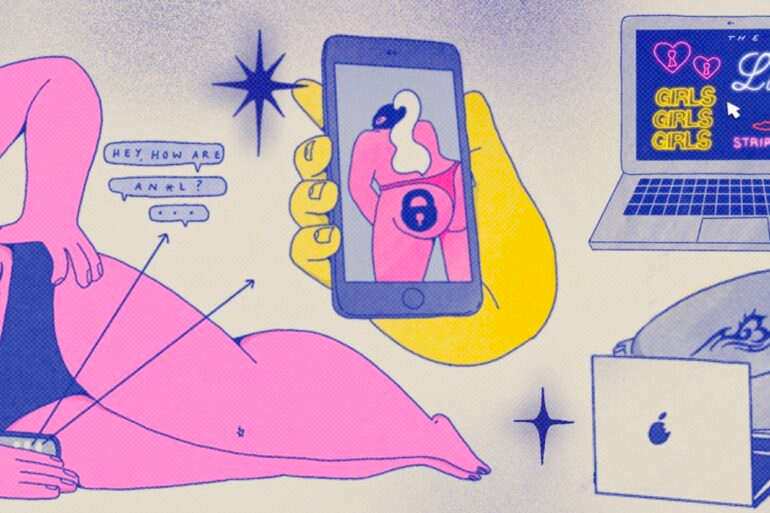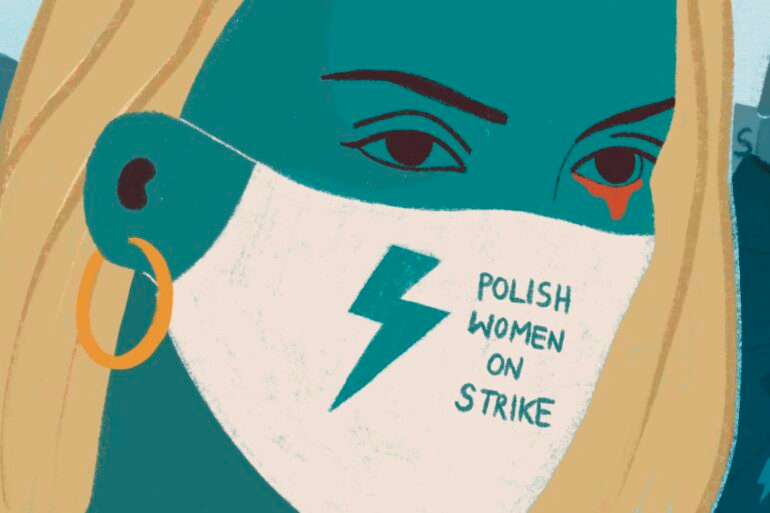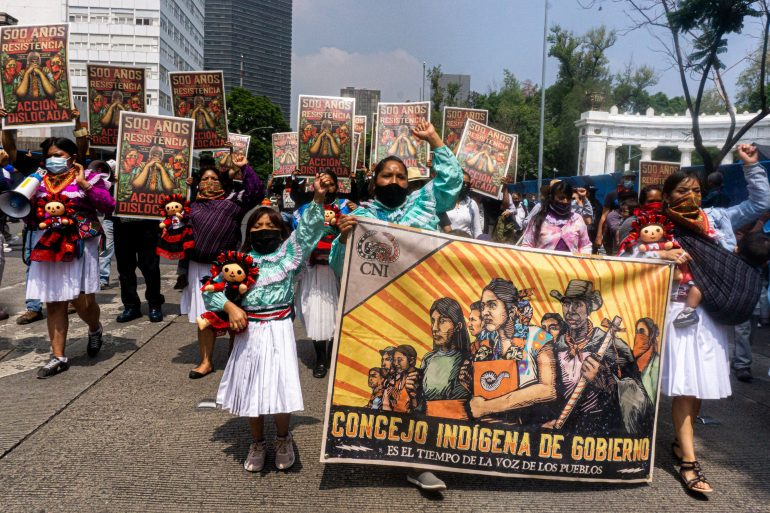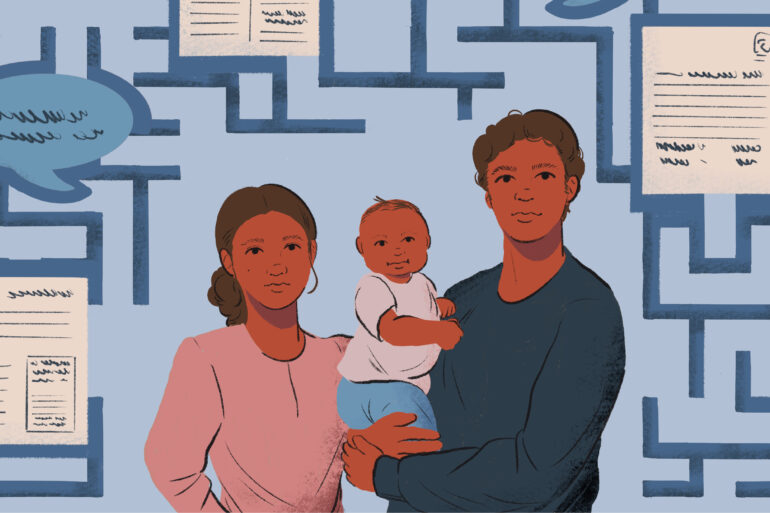Section 115 of the Immigration and Asylum Act 1999 states that a person will have ‘no recourse to public funds’ (NRPF) if they are ‘subject to immigration control’. In effect, this means that most migrants in the UK will be prohibited from accessing public funds including Universal Credit, Child Benefit and social housing.
While this act may be suspended in extenuating circumstances, this requires evidence which is often impossible to gather and decisions are made at personal discretion. It is estimated that currently 1.4 million people living in the UK have the NRPF label stamped on their passports, leaving them without support to meet even their most basic needs.
The theme of this year’s Refugee Week is healing. But how can we begin to heal under NRPF?
My name is Esther, I am a campaigner and mother to four beautiful children. I have felt first hand the effects that NRPF has had on my family while going through the asylum system. The effects of living under NRPF is largely unreported, as language barriers and understandable reluctance to reveal one’s immigrant status means that the condition is misunderstood and often ignored. It’s something that’s hard to understand unless you’ve experienced it yourself, but I’m going to try and illuminate you.
The right to work and the impact of COVID-19
The pandemic has thrown into sharp relief how the UK government lacks respect for the most vulnerable in society. With COVID-19 plunging many families into poverty and food bank usage skyrocketing, those of us who are subject to NRPF were left even further behind.
Even if you have leave to remain status – granting you the right to work – your visa conditions still restrict you from life-saving funds. So while most people in the UK were furloughed, or at least advised to work from home and stay safe, those of us subject to NRPF were forced to go to work during the height of the pandemic, in spite of the health risks. It was that, or lose our livelihood. The irony was, as I was forced to work to sustain my family, I was unable to spend time with my children to support them emotionally.
The hypocrisy is that those of us who hold employment (and over half of people with NRPF do) contribute to the economy and pay our taxes but are not able to benefit from the system. The Law Society of England and Wales states that “the NRPF policy significantly affects BAME communities as they are more likely to be migrants holding conditional visas” – so it’s no exaggeration to say that the system is racist.
Housing and a cycle of homelessness
One of the largest impacts of NRPF is on housing. A person who is subject to its conditions will not be eligible for homelessness assistance or a housing allocation.
During COVID-19, access to safe accommodation shrunk. Temporary housing arrangements with friends or community members were withdrawn following the government’s advice to isolate. Many people had no option but to present themselves and their children as homeless to their local authority.
Local authorities estimate that of the 15,000 people brought into temporary accommodation during the COVID-19 crisis, between 4,000-6,000 are subject to NRPF. These people are likely to, or already have, returned to rough sleeping having no claims for temporary housing.
When housing is managed, it’s almost impossible to keep. 3 in 5 (60%) people with NRPF are currently behind on rent, compared to 8% for the UK population at large and just under half (48%) of people with NRPF report living in overcrowded accommodation. From my own experience, it’s common for families to have to move eight times with landlords reluctant to rent to NRPF families.
This inability to access safe housing means that women who are in abusive relationships can often remain trapped. Women and children are therefore disproportionately impacted by the limitations of the policy, which Rosie Lewis from the Angelou Centre rightly says “exacerbates vulnerabilities and exploitation.”
Health disparities
Those of us subjected to NRPF conditionality also have limited access to healthcare. Xenophobic media would like you to believe that migrants are a drain on the NHS, but they don’t know about the immigrant healthcare surcharge – what non-EEA migrants pay as part of our visa and immigration requirements. Some people with NRPF are therefore denied healthcare completely, without the ability to pay for it.
Not to mention the impact on mental health. As a mother, I know the psychological effect of NRPF, and live in a state of anxiety and stress over the quality of life my children are receiving. For example, due to lack of funds I cannot provide my children with the healthy food I would see them grow up on. This grew under COVID-19 as I knew the fuel I was giving was insufficient to support their immune systems and help them fight the virus, causing immense feelings of stress. And I’m not alone – Citizens Advice reported that 83% of people with NRPF reported that it had a negative impact on their mental health.
Impact on children
Children are also unfairly impacted by NRPF, The Migration Observatory have estimated that there are nearly 180,000 children living in families with NRPF. Even if a child has been granted British Citizenship they are unable to claim benefits due to their parents immigration status. Seeing as claims can often take up to a decade, for the majority of a child’s life they are forced to live without support.
This has direct effects on education. While state school positions are available, children are not entitled to free school meals or any extra funding relief which allows them to attend trips, help with potential uniform costs or any other extracurricular activities.
In 2019, The Unity Project found that 90% of cases of people subjected to NRPF involved children of BAME backgrounds. Our children are the future of this country, but they are being treated unequally.
During COVID-19 some children were left unable to access education at all, as around 1 in 7 (15%) of parents with NRPF said their children couldn’t keep up with school work as NRPF meant they didn’t have access to the internet or a computer. Furthermore, extra added energy costs for occupying a home all day and using the internet left many families in worse off conditions.
Support for younger children is also inconsistent. With parents of 3-4 year olds entitled to the 15 hours of free childcare, but not the support of 30 hours available to the parents who work more than 16 hours a week.
To heal, we must remove division
Like many labels, NRPF discriminates against us and that others us. It divides communities and increases poverty – and it’s time for a change. I fled torture to seek sanctuary in the UK, but now I face a new form of psychological abuse. No adult or child should be subjected to poverty without a safety net. I will continue to speak out against the inhumanity of NRPF and hope that you will join me.
What can you do?
- Check out the Joint Council for the Welfare of Immigrants website for myth busting about NRPF
- Read Border Nation by Leah Cowan
- Listen to the Broccoli Weekly episode from 2020 about why to scrap the NRPF policy
